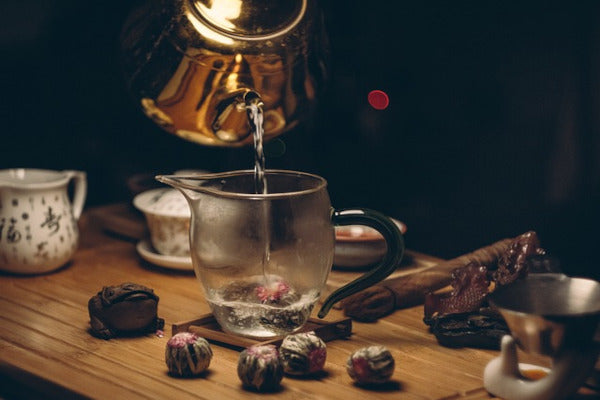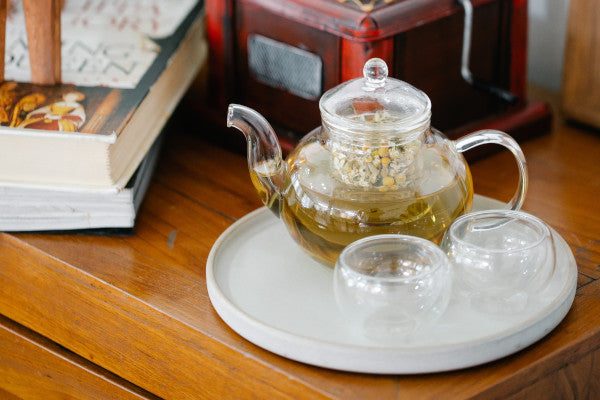Are you a tea lover? Would you like to know if it's acidic or alkaline? Tea is an everyday beverage for many of us. Many people drink tea several times a day because they believe it can increase our alertness and keep us active all the time.
If you're here, it's because you drink tea, either during the day or before bed. That's why you need and have the right to know if the tea you're drinking is alkaline or not. We understand your concerns. If herbal tea is acidic , it can affect your oral health or your digestion. In this post, we'll answer all those questions you may have. We'll also recommend the best herbal teas .

The tea we enjoy so much can be acidic or alkaline . Many people consider tea good for digestion, believing it to be acidic. However, consuming too much tea can also lead to side effects. Instead of improving the digestive system, it can cause adverse effects by disrupting its functioning.
Is tea acidic or not?
Yes, tea is usually acidic. But its acidity level can vary significantly. Almost all teas are slightly acidic. If you drink it regularly, you're already aware of this. However, you can minimize this acidity by following a few simple steps. We'll cover this later in this post.
Tea is literally acidic because acids are present in a wide variety of tea leaves. Here, each type of tea leaf determines its acidity, having varying levels of alkalinity and acidity. If the tea leaves are tender, old, and weak, they can be considered more acidic. When the level is between 5.5 and 7, the result is weaker acidity.
The acid found in many tea leaves is called tannic acid. You can also find citric acid in infusions. Citric acid can also be found in dried herbs and dried teas.
Infusions can also be considered less acidic. You can make yours less acidic simply by adding more water. Also, many people prefer to add a little milk to their tea. You can reduce the acidity of any tea simply by adding a little milk.
How to know the acidity levels
When the pH level is high, it means the alkalinity is strong. This is what determines whether the tea is acidic or alkaline .
If you've already made a habit of drinking tea, you've probably noticed stains on your teeth. Since tea is naturally acidic, it can cause tooth discoloration and staining. However, this isn't always true. Other factors or habits could be to blame.
You should always remember that homemade and herbal teas are less acidic than fruit juices. If you don't drink fruit juices or other acidic beverages and think the tea is the culprit, you'll need to consider other factors instead of just blaming the tea.
What are alkaline herbs ?
If you're experiencing acid reflux and wondering what to drink for relief, you can try one or more of these three best alkaline teas to stop heartburn and other acid reflux symptoms. At the same time, be aware that some teas can aggravate acid reflux symptoms, including all caffeinated beverages such as green tea, black tea, long-grain tea, and coffee.

Another herbal tea you might want to avoid is walnut tea, as it can improve or worsen acid reflux in some people.
Of the teas that are good for acid reflux, here are the three best: nettle tea, peppermint tea, and green tea are powerful digestive aids, helping to increase the mucus lining of the esophagus, reducing the chances of stomach acids.
The tea also offers soothing properties to relieve stomach upset and cramps. You can add honey to enhance the flavor if you don't like the taste of tea. Honey also helps reduce acid reflux in chamomile tea. It's known for its soothing properties and is widely used in Western Europe for colds, allergies, and stomach problems.
Research shows that chamomile tea can help the nervous system, and these calming properties can also help reduce inflammation, which in turn helps reduce acid reflux.

This is an excellent tea for acid reflux, which can stimulate the intestines to produce mucus, resulting in stomach acid reflux. It reduces gas and bloating, thus controlling acid reflux.






